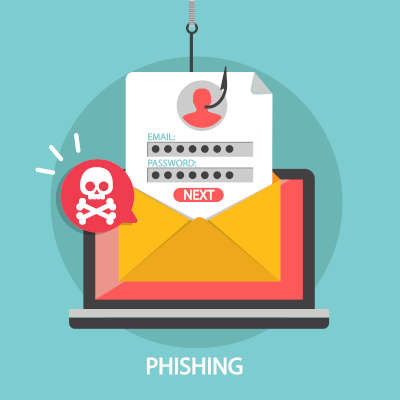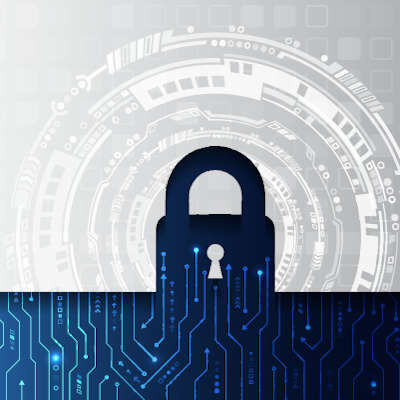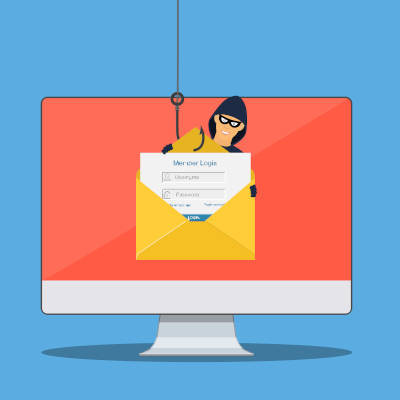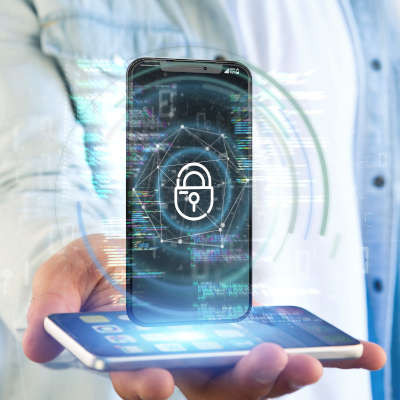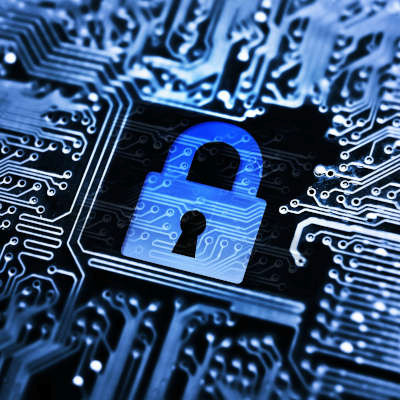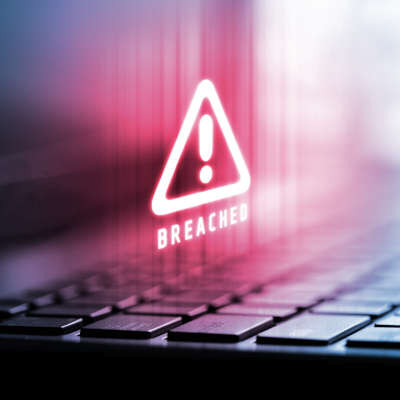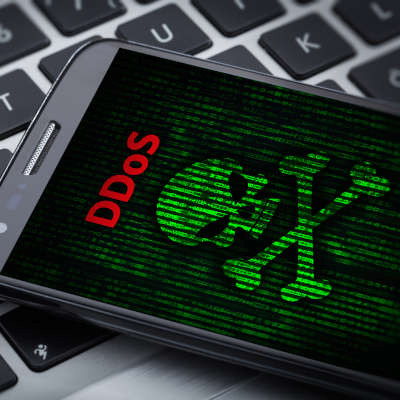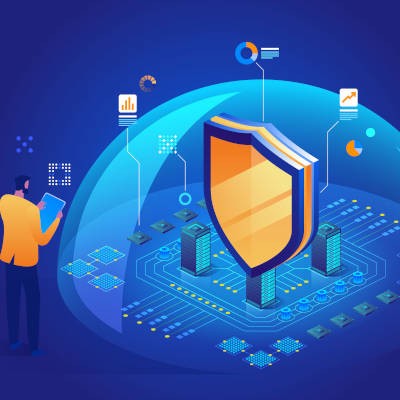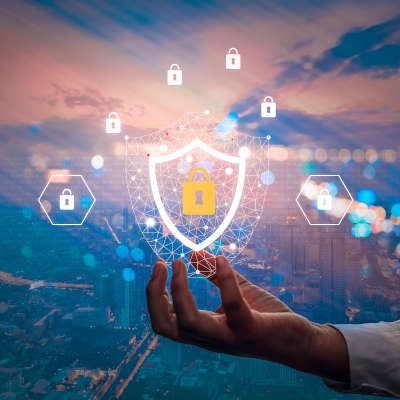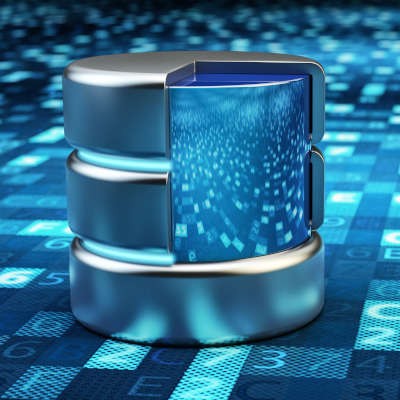While phishing awareness is an important practice to teach to a business’ employees, some methods are better than others, as GoDaddy—the domain registrar and web-hosting company notorious for its run of risqué ads—is learning the hard way. On December 14, GoDaddy’s employees received an email that seemed to be a holiday bonus from the company… only to find out (the hard way) that it was a phishing test that their employer had run.
Cerberus IT Solutions Blog
Your business relies on its software, so if that software presents major security issues, it can be really concerning. In order to keep software from being a point of entry for hackers and scammers, you need to update and patch your software. Today, we’ll briefly discuss patch management and why it is a policy that you should be actively pursuing.
The holidays are a great time to give technology to your loved ones. One of the most popular smart devices for each of the past few years is the smart watch. While they are extremely useful and make great gifts, they may have an effect on an organization’s cybersecurity. Let’s take a look at some of the possible threats smartwatches may present for IT administrators.
Despite all the attention we try to direct toward cybercrime and awareness of the risks out there today, hacks and scams are still impacting businesses. With so many professional duties and activities carried out online, your business’ cybersecurity needs to be considered paramount. Here, we’ve listed six things to prioritize in your business to help protect it from such activities.
Phishing attacks are growing in number and it presents a major challenge for businesses. The many different forms that these attacks come in just exacerbates the problem. Today, we will take a brief look at phishing to help you educate your staff on what they entail and how to mitigate the massive risk that comes with them.
2020’s holiday season is going to be much like the rest of 2020: distanced. Most people are taking precautions and therefore have put the kibosh on much of their holiday shopping trips, choosing instead to do a majority of their shopping online. By avoiding one risk, people take on others. Today, we thought we’d outline some of the problems people may experience when shopping online and what to do to reduce your risk.
Network security is paramount to a business’ success with the number of security incidents and data breaches that could potentially upend it. While this sounds like a task of marginally epic proportions, managing your security can be greatly simplified via a few basic activities. Let’s go over four such security-boosting actions that you should direct your attention to.
Business success is often tied to the quality of your business relationships. There are a lot of people you need to trust: your vendors to get you whatever supplies you need, your team to complete their responsibilities without letting in threats, and your customers to turn to you for what they need. Unfortunately, cybercriminals are willing to take advantage of such trust to accomplish their own ends.
With the 2020 U.S. Election under a month away, there has been a lot of concern that outside interests would try to influence the results. Microsoft has recently disrupted a huge coordinated hacking effort that had designs of altering the election infrastructure needed for a fair and secure election. Let’s take a look at the effort and Microsoft’s response in today’s blog.
When you take a long look at cybersecurity, you need to understand that the main purpose of it is to protect people’s ideas, people’s identities, and people’s effort. It isn’t all about protecting money, even though that obviously is a consideration. This notion led us to a thought experiment that Gizmodo recently undertook: What would happen if all the data stored in the world was suddenly leaked, open for the world to see? We’ve put together some of the responses.
Remember a few months ago when Google and Apple joined forces to come up with a system to help state and local governments establish a COVID-19 Exposure Notification system? If you didn’t, you aren’t alone. A lot has been going on lately. Just to catch you up, the two tech giants recently pushed out an update across nearly all modern smartphones so state and local governments can deploy apps to notify people when they may have been exposed to COVID-19. Let’s do a deep dive on what this means for your privacy.
Quick Marty! Hop into the DeLorean! Let’s time travel back to a simpler time, back in the late 90’s!
Back then, you could walk into any store that sold software and you’d see two types of antivirus protection - orange boxes that said Norton, and red boxes that said McAfee.
Today, like most things, life isn’t as simple. There are a lot of choices, and… well, you shouldn’t be going to a store to buy your antivirus these days. Let’s discuss!
When it comes to your business, especially its technology, some of the buzzwords you hear floating around can be pretty convincing, almost intoxicating. Unfortunately, like most buzzwords, many of these are aggrandized beyond their worth to the average small-to-medium-sized business. Let’s take a look at how this can impact a business’ perception of its cybersecurity, as well as dig into the reality behind these terms.
Businesses today should be accepting card-based payments, regardless of their size. In addition to the convenience it offers to customers, it’s the most secure means you have of being paid. To protect consumers and their personal and financial information, many card providers have adopted a unified regulation that applies to businesses that accept these payments. Let’s review this regulation and how it impacts the average small-to-medium-sized business.
We all store data on our computers. Whether you have family photos and text documents on your home computer, or databases and on-premises applications running your entire business, data is typically stored in exactly the same way. If you knew how delicate your data actually was, you’d never let a single file exist in one place ever again. Let’s explore that.

